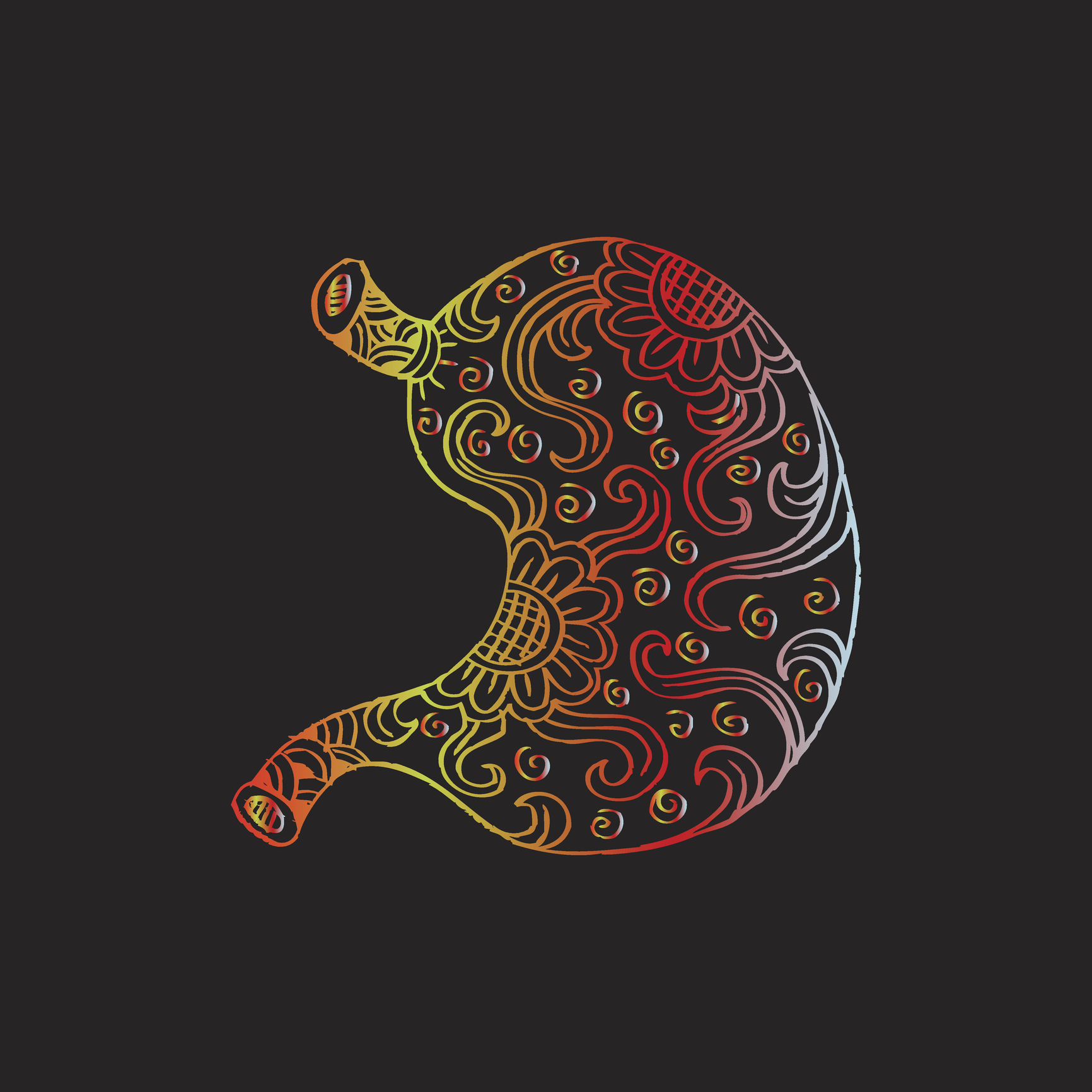The Menopause and Bloating

If you were to look at the many online questions about menopause you would find quite a few along these lines:
- Can perimenopause cause water retention?
- Can hormones cause gas and bloating?
The answer is yes; in fact bloating is frequently experienced during both perimenopause and menopause.
Bloating symptoms vary from women to woman but typically include
- A feeling of fullness/tightness in the stomach
- A swollen stomach
- Increased burping or flatulence
- You may also experience constipation
Some woman will experience this for a few days and then not again for some months whilst others will experience this for much more prolonged periods. The reason of course is hormones.
- Firstly oestrogen has an effect on water retention, indeed this is the reason many women experience a higher level of water retention coming up to their period. Unfortunately when oestrogen levels become erratic during perimenopause and menopause water retention is often a consequence.
- Oestrogen also influences the production of bile and this acts as a lubricant in the intestines. When this process becomes less efficient fats are less thoroughly digested and bloating can occur.
- Increased oestrogen levels lead to the adrenal glands producing aldosterone which effects the kidney function so that there is a water/salt imbalance leading to feelings of bloating and retention of water.
- Finally progesterone usually acts as a natural diuretic which helps to relieve excess fluids from the body. If oestrogen levels become much higher than progesterone this will again lead to bloating and retention of water. However if progesterone is high food will move more slowly through your intestine which again leads to bloating.
So fluctuation is the problem. Your hormones function in an interdependent and interconnected system so a changed level in one hormone will trigger a change in another. Generally speaking oestrogen levels go up and down and progesterone falls consistently and continually so sometimes oestrogen will dominate.
In order to help with this condition it is a good idea to cut out well known trigger foods such as onions, beans and sugary snacks.
You should also cut out dairy foods and go for low salt foods, increased exercise can also help.
I usually put my patients on probiotics for three months as this also seems to assist.
However, you may also want to consider hormone replacement therapy to treat the root cause of the problem which are those delightfully fluctuating hormone levels :-(
We make every effort to ensure that all health advice on this website is accurate and up to date. However it is for information purposes and should not replace a visit to your doctor or health care professional. As the advice is general in nature rather than specific to individuals we cannot accept any liability for actions arising from its use nor can we be held responsible for the content of any pages referenced by an external link.
